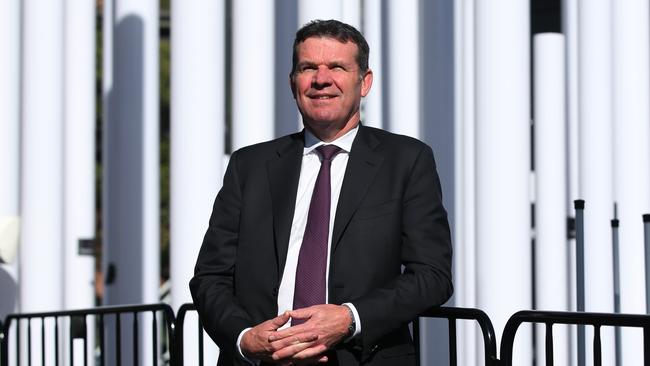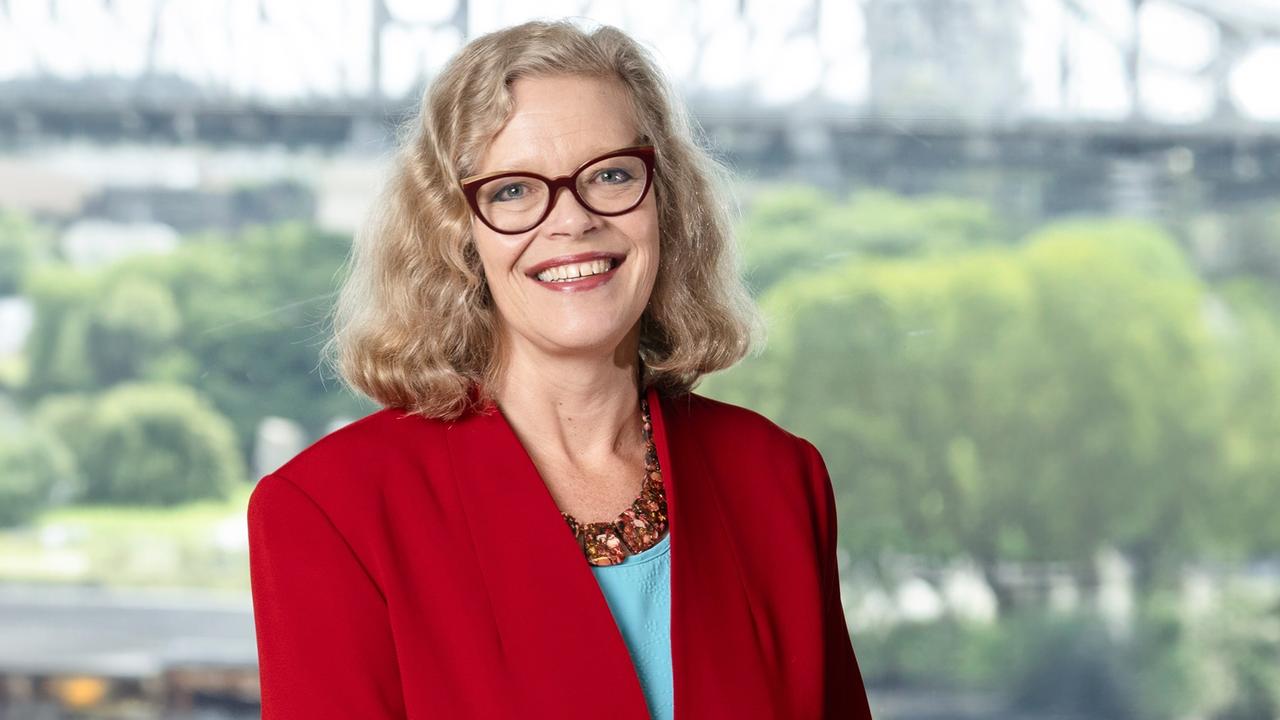Brett Himbury to step down from IFM Investors
Super members ‘champion’ Brett Himbury will exit as CEO of industry fund-owned IFM by December 2020.

IFM Investors chief executive Brett Himbury remains confident of breakthroughs for two of the last pieces of unfinished business from his decade in charge of the industry superannuation-owned fund manager.
Mr Himbury on Thursday announced plans to retire from executive duties by December next year, after overseeing the emergence of IFM Investors as a major local and international fund with $148 billion under management.
But exporting the asset recycling initiative that helped underpin IFM’s emergence in Australia to the US, as well as a breakthrough deal for its nascent private equity unit, remain on the horizon for Mr Himbury.
The former investment banker has led a number of delegations to the US, pitching the idea to Vice-President Mike Pence, a former governor of Indiana where IFM owns a toll road, as well as other state and local governments. The chronic state of much of the US airports, roads and bridges has been seen as ripe for overhaul and IFM had pitched the idea of those assets being sold to mutually owned fund managers like IFM as well as pension and endowment funds.
The funds raised could be used to build new infrastructure and the existing assets would be owned by millions of fund members with an interest in the continued viability of those assets and the returns they can generate.
“I am optimistic that something will happen there,” Mr Himbury said in an interview to mark the announcement of his retirement plans. “We have made great progress there.”
The 2013 acquisition of NSW Ports by an IFM-led consortium for $5bn marked a major breakthrough on Mr Himbury’s watch, delivering ownership of the Botany Bay and Port Kembla trade gateways to the millions of super fund members whose money IFM manages.
The fund manager, which is owned by 27 industry super funds, emerged as a significant partner for the NSW government in privatising assets and recycling proceeds back into new infrastructure such as the WestConnex toll road and new rail lines.
When then-treasurer Scott Morrison blocked the sale of the Ausgrid electricity distribution business to Hong Kong’s Cheung Kong Infrastructure, IFM and AustralianSuper stepped in to buy the asset at short notice.
AustralianSuper chief executive Ian Silk said Mr Himbury had done an “incredible job” building IFM into a major player globally.
“He leaves a great legacy at IFM Investors, having turned it into a truly successful global fund manager attracting domestic and international investors. IFM is one of the very few organisations in Australia to have achieved this,” Mr Silk said.
After being appointed in 2009, Mr Himbury presided over growth in FUM from $23.6bn, becoming one of the world’s biggest infrastructure investors through a series of transformational deals.
That 219 per cent compound annual growth rate has been achieved at a time when many of its own shareholders have been pulling increasing amounts of their funds management in-house. IFM has expanded its client base from 52 to 396, including international pension, endowment and sovereign wealth funds.
Mr Himbury said it had been a privilege to lead the firm and highlighted the establishment of infrastructure debt investment capabilities in New York and London, lifting a team out of AMP to enhance its Australian equities management capabilities, and leading the purchase of Manchester Airport, as among the highlights of his career. He said the 2019 results showing profit up 37 per cent to $116m — and from just $9.3m in 2009 — marked one of the high points in his term.
The value of the company has surged to more than $1bn, but as a result of its ownership by profit-for-members industry funds IFM prefers to keep fees low and rebate profits to clients, boosting their returns.



